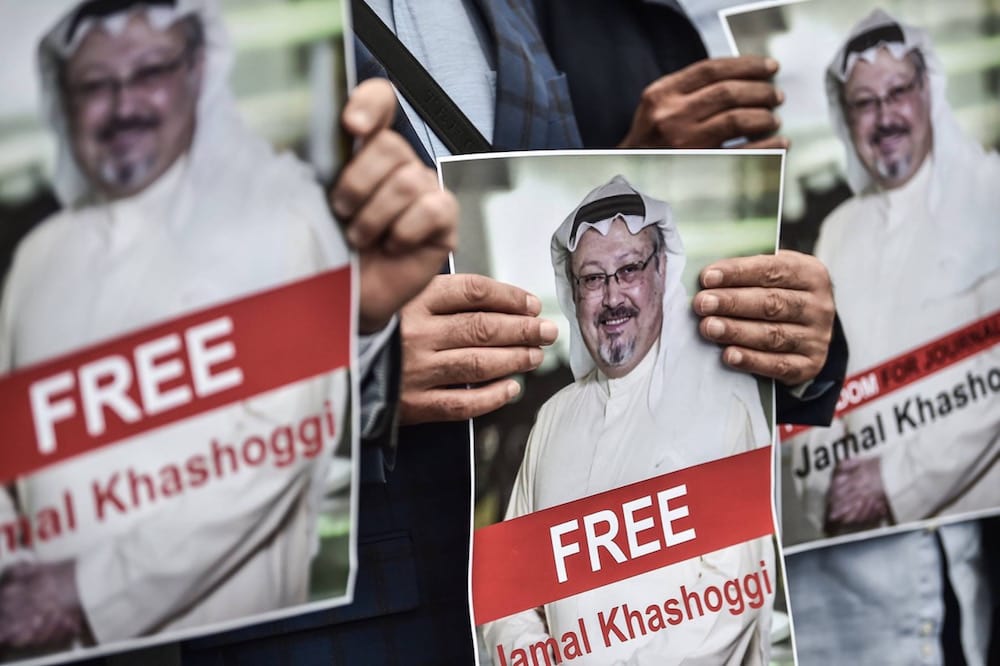The U.S. intelligence community should confirm or deny the existence of documents that may provide information on its duty to warn "Washington Post" columnist Jamal Khashoggi of threats to his life before his murder, or provide more detailed explanations of their refusal to do so.
This statement was originally published on cpj.org on 12 January 2021.
The U.S. intelligence community should confirm or deny the existence of documents that may provide information on its duty to warn Washington Post columnist Jamal Khashoggi of threats to his life before his murder, or provide more detailed explanations of their refusal to do so, CPJ argued today at the U.S. Court of Appeals for the District of Columbia.
Following Saudi government agents’ murder of Khashoggi in October 2018, CPJ filed requests under the Freedom of Information Act with members of the intelligence community seeking any documents related to their awareness of threats to Khashoggi and their duty to warn him. After those requests were ignored, CPJ joined a lawsuit, which it now leads, asking the U.S. District Court for the District of Columbia to order the release of such documents.
The defendants – the Central Intelligence Agency, Federal Bureau of Investigation, National Security Agency, and Office of the Director of National Intelligence – have argued that to even confirm or deny the existence of relevant records would compromise national security and intelligence information, in what is commonly known as a Glomar response. CPJ rejected that argument, citing that the State Department, also a member of the intelligence community, previously stated that the U.S. government had no advance knowledge of Khashoggi’s disappearance. In an initial ruling, the U.S. District Court for the District of Columbia sided with the intelligence community defendants, and granted a summary judgement, which CPJ appealed.
In arguments before a panel of three judges today, Alexandra Swain of Debevoise & Plimpton L.L.P., representing CPJ, asked the U.S. Court of Appeals for the District of Columbia to reverse the District Court’s decision, and order the defendants to confirm or deny the existence of those documents, or further explain their refusal to do so.
CPJ argued that the defendants had not justified such an extreme stance on documents related to the duty to warn Khashoggi, particularly in light of the State Department’s comments on behalf of the U.S. government, and the public importance of this issue.
The defendants, who were represented by Sharon Swingle from the Department of Justice, maintained that their Glomar response was justified.
CPJ’s appeal enjoys support from nearly three dozen media and press freedom organizations, as well as 10 major human rights organizations and experts, which in July signed on to amicus briefs submitted to the court.
CPJ’s court brief, written by Debevoise & Plimpton L.L.P., can be read here.
You can read more about CPJ’s work to secure justice for the murder of Jamal Khashoggi here.



